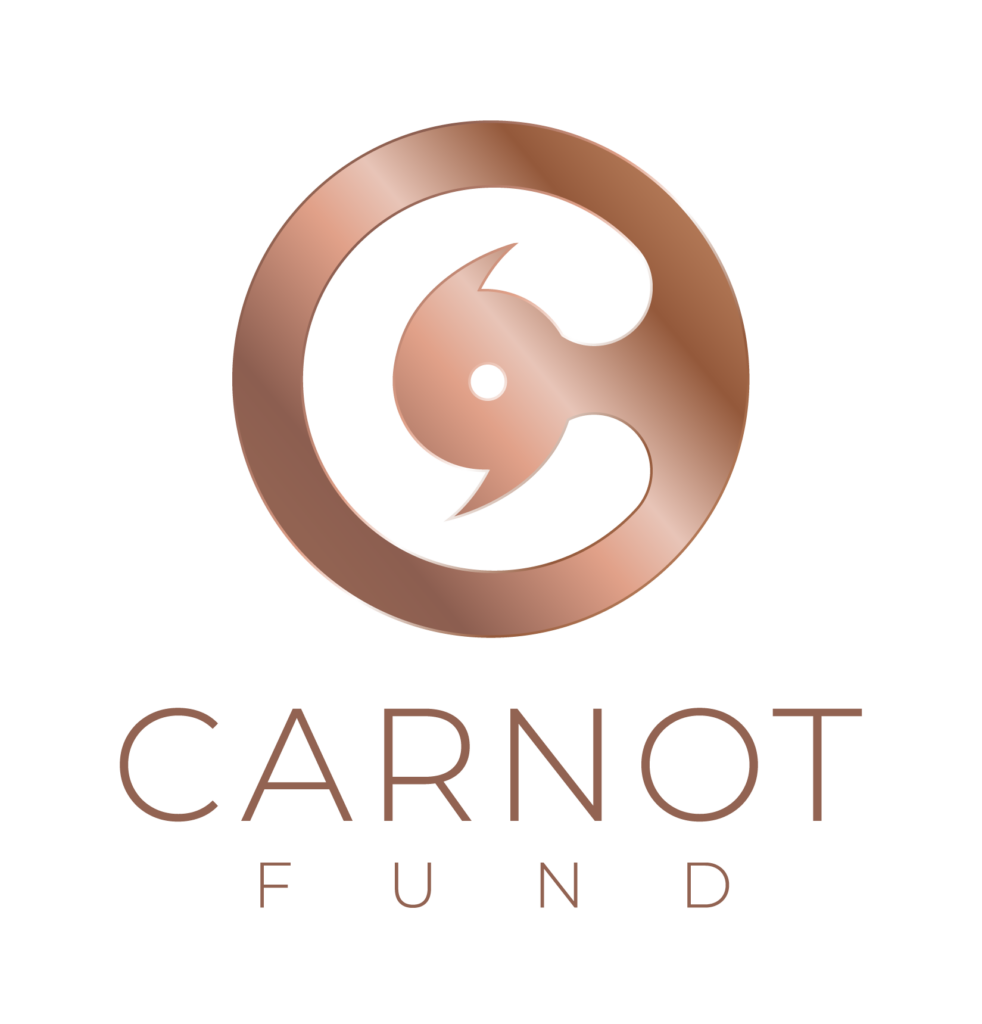I took several months “off” which is to say I didn’t write a blog post here and I stopped posting #Crusadurdays. Though the time aligned with summer, I can’t say that was the reason; rather, I felt I had run out of any new thoughts or contributions to the discourse that seemed to add any value to it. But this week I was reminded that continuing to plant the seeds, even if they won’t bloom for a long time or maybe not ever, matters. The act and the consistency of the act are what matter. And the reality is that we are living in a moment where the rotten seeds of oppression, inequality, and misinformation – sowed with near impunity for decades – are bearing the vile fruit that have horrific consequences. A few examples:
- Texas had a one-two punch of regressive ‘achievements’ when the Supreme Court chose not to block SB8 going into effect (read Sonia Sotomayor’s visceral dissent for all the reasons why this bill is a nightmare.) and then the Republican legislature passed sweeping the voting restriction law called SB1 (which the NAACP LDF has filed a lawsuit against).
- A series of storms, coupled with every-raging wildfires, has once again shown how horrific the effects of climate change are and how woefully unprepared we are to combat them (among many, this piece in The Atlantic lays it out..
- COVID-19 – and the Delta variant in particular – continue to ravage global communities, most especially those with low vaccine rates (by ignorance or circumstance) and the misinformation spreads like wildfire on social media. (I read An Ugly Truth about Facebook recently – worth it).
In light of all this, I recently finished Rebecca Henderson’s book Reimagining Capitalism In A World On Fire. Admittedly, I read it over a long period, as I felt compelled to process each section and its calls to action in separate chunks. The book is optimistic bordering on (and some would argue crossing into) idealistic, but in some ways the weakness is also its strength because when compared to the discouraging alternative of the status quo, a belief in a path forward is radical in its own right. Henderson’s framework is expansive, calling to 1) create shared value; 2) build purpose-driven organizations; 3) rewire finance; 4) build cooperation; and 5) rebuild institutions and fix governments – each a massive undertaking co-dependent on the others for widespread success.
This macro construct is accompanied by a micro framework at the end of the book, calling on each of us to: 1) discover your own purpose; 2) do something now; 3) bring your values to work; 4) work in government; 5) get political; and 6) take care of yourself and remember to find joy. It is in this last one that we come to the starfish. Henderson writes:
"Don't judge your success by whether you save the world. None of us can. There are nearly eight billion wonderful, amazing, occasionally crazy-making human beings on this planet. Each of us can only do what we can do. Do you know the story about the young woman who saw a beach covered with thousands of stranded starfish and began to throw them, one by one, back into the sea? They say that her friend laughed at her, saying, "What are you doing? Look at this beach: you can't save all these starfish. You can't even begin to make a difference!" The young woman stopped for a moment, thought, and then leaned down to pick up another starfish. "I don't know about that," she replied, "but I know that I am making a difference to this one."
I would add to this that while the most important thing is that we take it upon ourselves to throw back the starfish we find on our particular beach, and that we must do it for the sake of the starfish, it’s also true that the act may inspire others to do the same, for their starfish, on their beach. Or to join you on yours. We must, simply, do the work and do it consistently, with patience and courage. Who knows what difference you might – we might – make.

